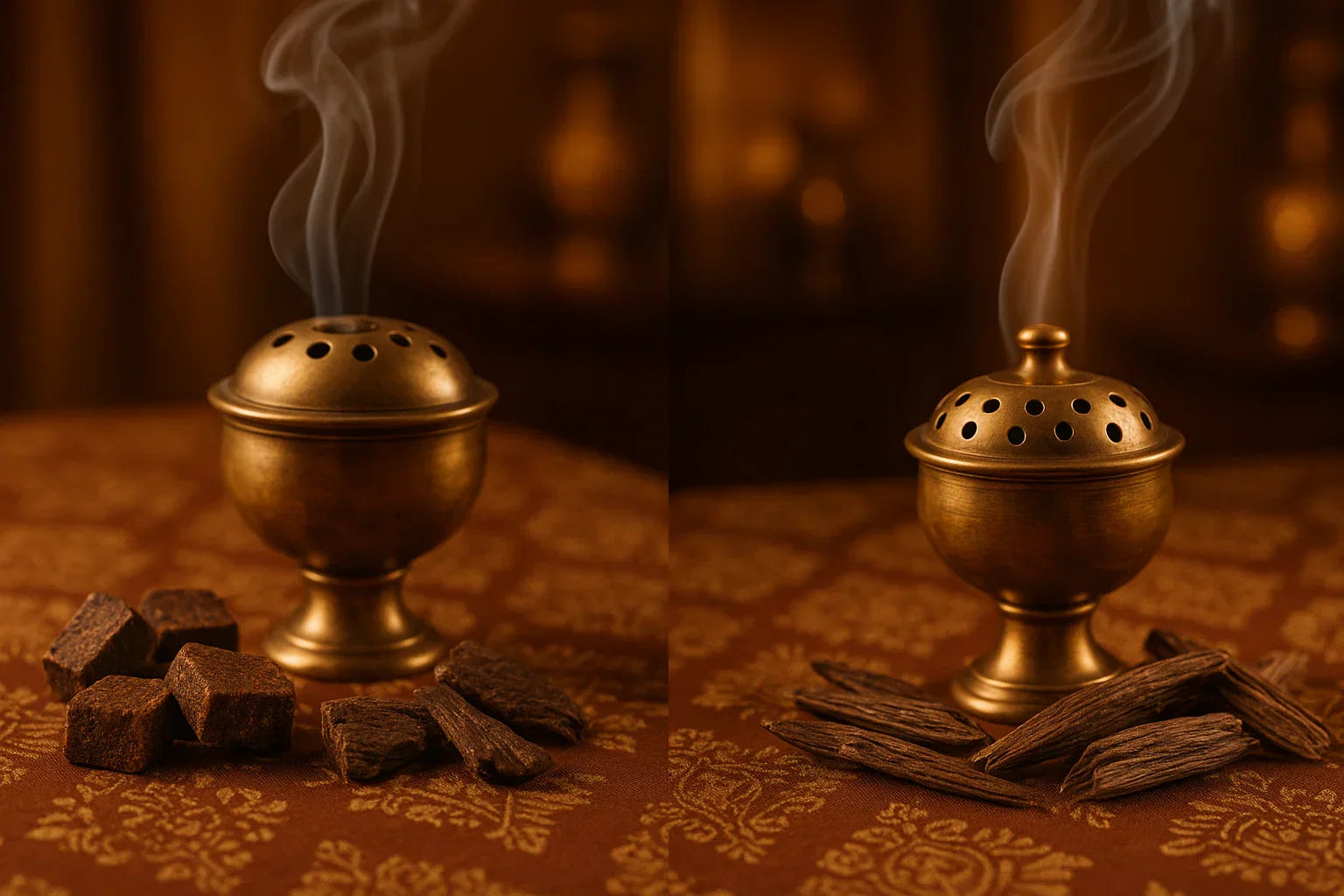
Aromatic Stories - The Power that Scents Hold Over Our Memories
Unlike any of the human body’s other senses, smell has the power of replaying long-forgotten memories. We have all been in those unexplainable situations in which a seemingly unknown scent brings back our own personal aromatic stories from the past. These volatile moments of nostalgia kick in whenever we walk past a bakery in our neighborhood or meet a stranger at the subway station, and they fade away when we walk away.
All four seasons of the year are associated with unique scents that we are all familiar with. Summer comes with the odor of warm sands, tropical fruits, sea breeze, and freshly cut grass. Similarly, rain is linked with a unique earthy note. Our sense of smell heightens during spring when the air becomes highly humid.
We can all agree on this one that the smells in our surroundings can have a significant impact on our overall emotional wellbeing. In fact, research conducted by Boston University’s Center for Systems Neuroscience in the year 2020 revealed the connection between scents and memories. The researchers came up with methods of using odor to treat mood disorders related to emotional memory.
The power of scents on our memory is well documented, and they have a deep impact on our emotions – whether we are aware of it or not! But how does it work, and what is its importance? Continue reading this article to learn more on this topic.
How it Works
To get a basic understanding of how odors affect our cognitive functions, we will cut out the jargon related to the olfactory system, and explain it in simple terms. Our nose is an entryway to thousands of scent receptors that are located in a part of the nose called the olfactory bulb, which is directly connected to the region of our brain responsible for processing memory and emotions.
When you sniff a new scent for the first time your brain associates it with a chain of memories such as where you are or how you felt after smelling it. The next time you smell that odor somewhere, you will quickly be reminded of your last interaction with it. Depending on how close you feel connected with that particular scent, your brain would elicit vivid or vague memories.
A Fragrance-linked Memory Lasts Forever
According to research carried out by Rockefeller University, we can remember approximately 35% of what we smell, compared to only 5% of what we see, and 2% of what we hear. The same research revealed that an average human can remember fragrances for one year with an accuracy of 65%.
As discussed before, the clarity of the memory is dependent upon the situation and the emotional state in which we first smell a scent. Therefore, we are less likely to forget the scents that are associated with moments close to our hearts.
The first memories initially added to our “scent banks” mostly date back to our childhood. Evoking deeply strong emotions, these fragrances are easiest to recollect, as they are formed in the early stages of our lives. As we get older, our scent banks become more complex with the addition of new fragrances every year.
Why do Scents Often Remind Us of Childhood?
According to a leading cognitive neuroscientist, Rachel Herz, Ph.D., smells don’t have any intrinsic responses to our emotions unless we have had an experience with them. The emotional response a person experiences after smelling a particular scent depends on their personal history. Due to the fact that most of our first-time experiences are formed in childhood, a greater portion of our smell bank is formed in our earlier years, she says.
However, it doesn’t always have to be like that, says Pamela Dalton, Ph.D., M.P.H., an experimental psychologist. According to her, the scents that you smell for the first time after growing up can also have the same long-lasting impact. Although once a particular emotion has been linked to a scent at whatever age, connecting a new emotional response can be difficult. Once an emotion is formed, scent memories are ever-lasting, which is the reason most of our memories link back to childhood, she says.
Scent’s Fascinating Emotional Impact
Surprisingly, after smelling a familiar scent, you can still get an emotional response even without recalling an explicit memory. You might just be able to recall a particular feeling. Whenever you re-experience a fragrance, your brain first alters your emotional state before triggering a cognitive recognition. According to Herz, this process of scent recognition often takes place in a matter of seconds, but sometimes it might not even trigger, and other times it can trigger after some delay. Our sense of smell is the only sense that has a mechanism like this. All of our other senses follow the same pattern, which Herz calls the top-down pattern.
All of these studies reveal the potential of olfactory science in treating mental health disorders. According to Dalton, our sense of smell is an active mediator for our overall emotional well-being. We can train ourselves to be calmer in tense situations with the application of stress-relieving fragrances such as rosemary and lavender essential oils.
Conclusion
To sum it up: smell and memory are intertwined. To create your own memory collection of aromatic stories that make you feel energized and refreshed, you can apply specific fragrances in your home and workplace that suit your personality.
However, using a soothing and relaxing scent doesn’t just have to be done at home. You can always carry travel-size versions of your favorite fragrances anywhere you go to keep reliving those timeless memories. Spray one of those perfumes the next time you are feeling down and depressed to quickly elevate your mood. So the next time you run into a scent that elicits positive emotions, let yourself linger in those memories for a moment.







